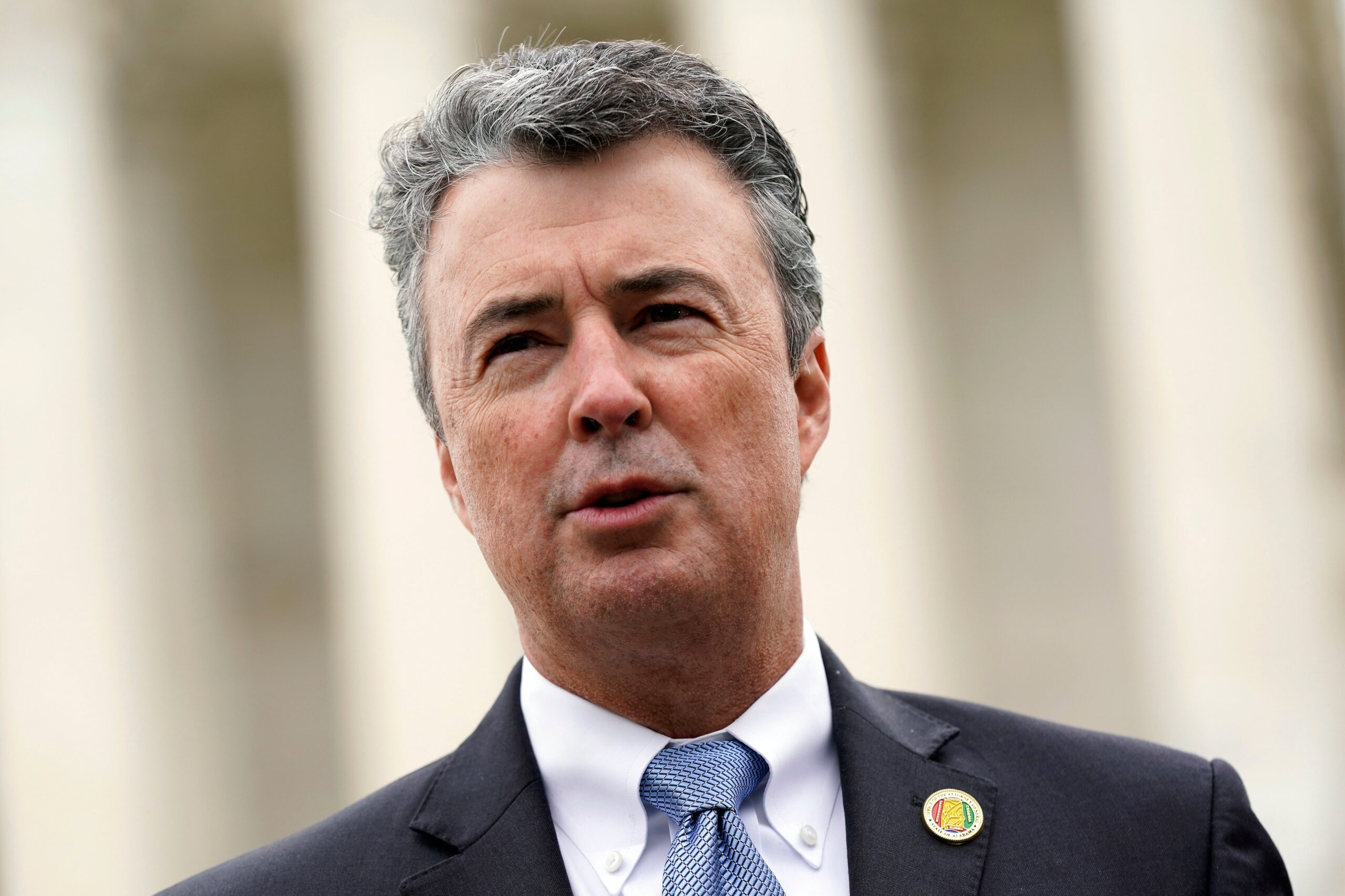Steve Marshall, the attorney general of Alabama, has joined 15 other Republican attorneys general in calling on Congress to override legislation that safeguards abortion providers in states where the procedure is permitted.
According to a letter issued to Congress on Tuesday by Arkansas Attorney General Tim Griffin, some states have severely restricted or outright banned abortion after the Supreme Court’s ruling in Dobbs v. Jackson Women’s Health Organization. This includes non-surgical abortions that depend on the use of abortion medicines.
As a result, several states enacted legislation ostensibly protecting abortionists from prosecution and punishment for performing or assisting in abortions in other states.
According to the letter, these measures are flagrant attempts to undermine our constitutional order and impede states’ authority to enforce criminal laws within their boundaries.
Mifepristone, an abortion medication used to end a pregnancy within 10 weeks of gestation, is expressly mentioned by Griffin.
For instance, some shield-state citizens are shielded from extradition when they mail abortion pills to a person in a state where abortion is prohibited, according to the letter.
Shield laws, which prevent each State from regulating abortion as it sees proper, are incompatible with the spirit of federalism and the Dobbs decision because they encourage medical practitioners in pro-abortion states to violate pro-life states’ abortion laws.
Stories by
Heather Gann
-
Alabama woman allegedly kept dead man s body in her apartment for an extended period
-
USA Today ranks unfriendliest college football stadiums: Where do Alabama s fall?
-
Victim identified in fatal south Alabama shooting
-
Alabama judge dismisses wrongful death suit over fatal SWAT raid
Since the U.S. Supreme Court declared in 2022 that abortion is not a constitutional right, overturning Roe v. Wade, Marshall has consistently pushed for stricter limits on the procedure.
This ruling made it possible for Alabama’s trigger law to take effect, instantly enacting an almost complete ban on abortion.
Marshall voiced his displeasure in 2023 that the US Supreme Court upheld the use of mifepristone.
Groups that assist Alabama women in traveling to other states for abortions sued him later that year, claiming they could face charges under anti-conspiracy legislation.
In March, U.S. District Judge Myron Thompson rejected Marshall’s proposal, ruling that such charges would be a violation of a person’s right to travel as well as the First Amendment.
In a 131-page judgment, Thompson stated that it is one thing for Alabama to forbid by statute what occurs in its own backyard.
Enforcing the attorney general’s chosen laws and values outside of the state’s borders by punishing its citizens and those who assist people in traveling to another state to engage in activities that are legal there but that the attorney general deems to be against Alabama’s laws and values is a different matter entirely.






